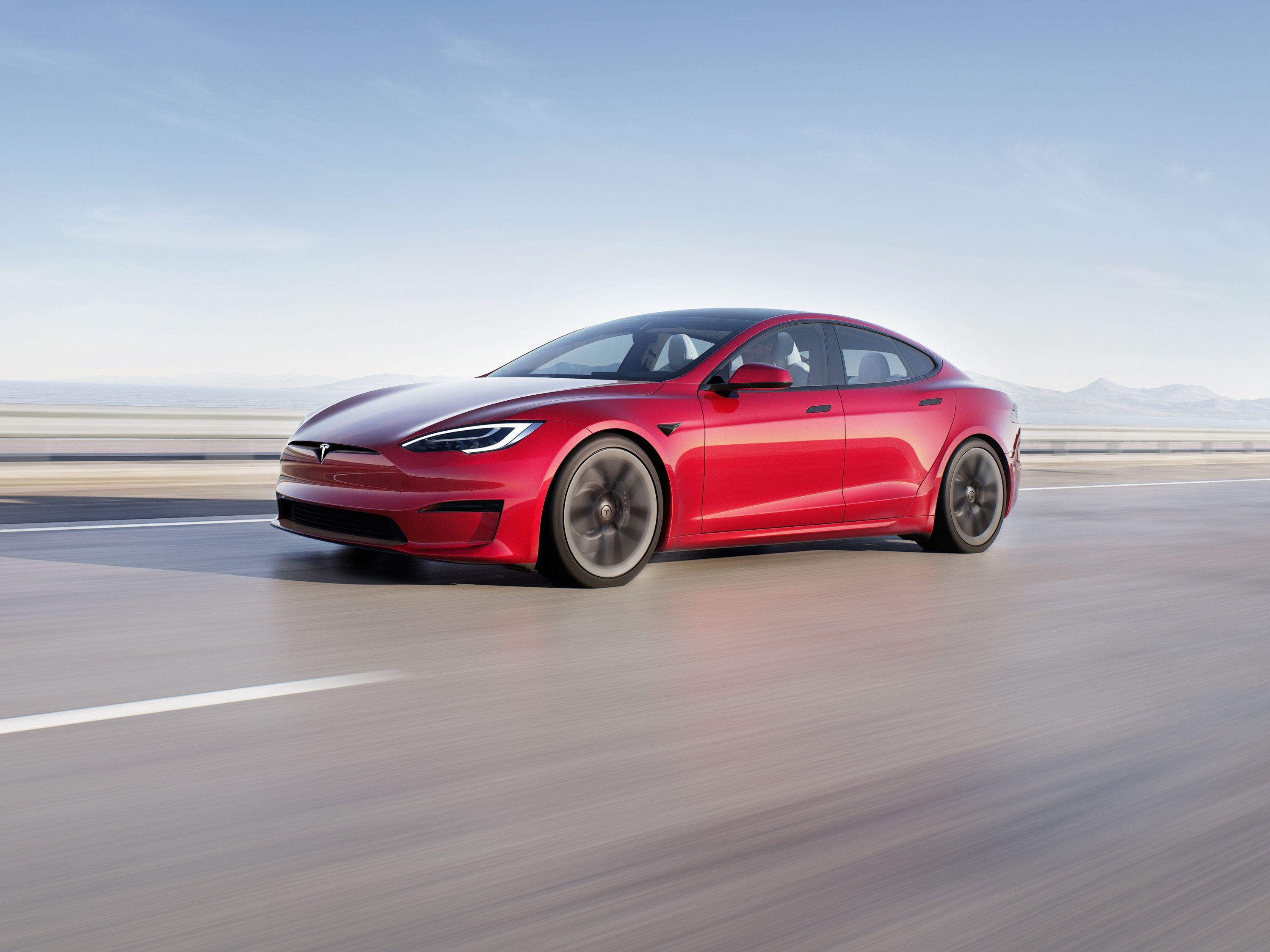
One of the main roadblocks to the public acceptance of electric vehicles has been the initial cost of investment, which, barring luxury electric cars like a Tesla Model S, are still fairly high. Even a base Chevy Bolt costs $36,620, though the government has been willing to pick up part of the tab for the time being. But will sales plummet when the money goes away? That's what automakers are mulling over as, according to the Detroit Free Press, industry heads debate new more expensive fuels.
These new fuels have the ability to save gas and make a gallon of gas stretch further, but cost more at the pump, making them off-putting to buyers even if the net effect is a savings thanks to reduced fuel consumption. Oil companies and automakers have been working on new forms of fuel for some time, especially as the threat of a worldwide adoption of electric cars and alternative means of propulsion loom. One strategy that's on the table to get even more horsepower out of each gallon of gas is to increase compression ratios and exploit more energy out of gasoline. The problem with that is high compression ratios invite knock, a notorious cancer of engines.
Deadening that knock requires high octane fuel, but the fact that it costs more can be off-putting to consumers. At currently, the only reason for the higher price is that the fuel components that raise octane levels are more expensive to produce. We previously reported via Car and Driver that this does not have to be the case. The cost of high octane fuel is so high because fuel components that raise octane are more expensive to produce, but the CD report stated that the issue with the current way of doing business is that production is skewed towards lower octane fuels. A change is likely on the horizon, with Ford's engineering chief Raj Nair claiming that new fuel formulations are company priority.
Many other executives agree. "Higher-octane fuels are the cheapest CO2 reduction," said GM global propulsion systems chief Dan Nicholson claims. "Fuels and engines must be designed as a total system. It makes absolutely no sense to have fuel out of the mix." Hopefully the shift will mean an increased focus in high octane fuel production. Try and rest easy with what might be one of the strangest automotive plot twists ever because soon it'll be your hybrid eco car that's in line at the watering hole with the Challenger Demons.

